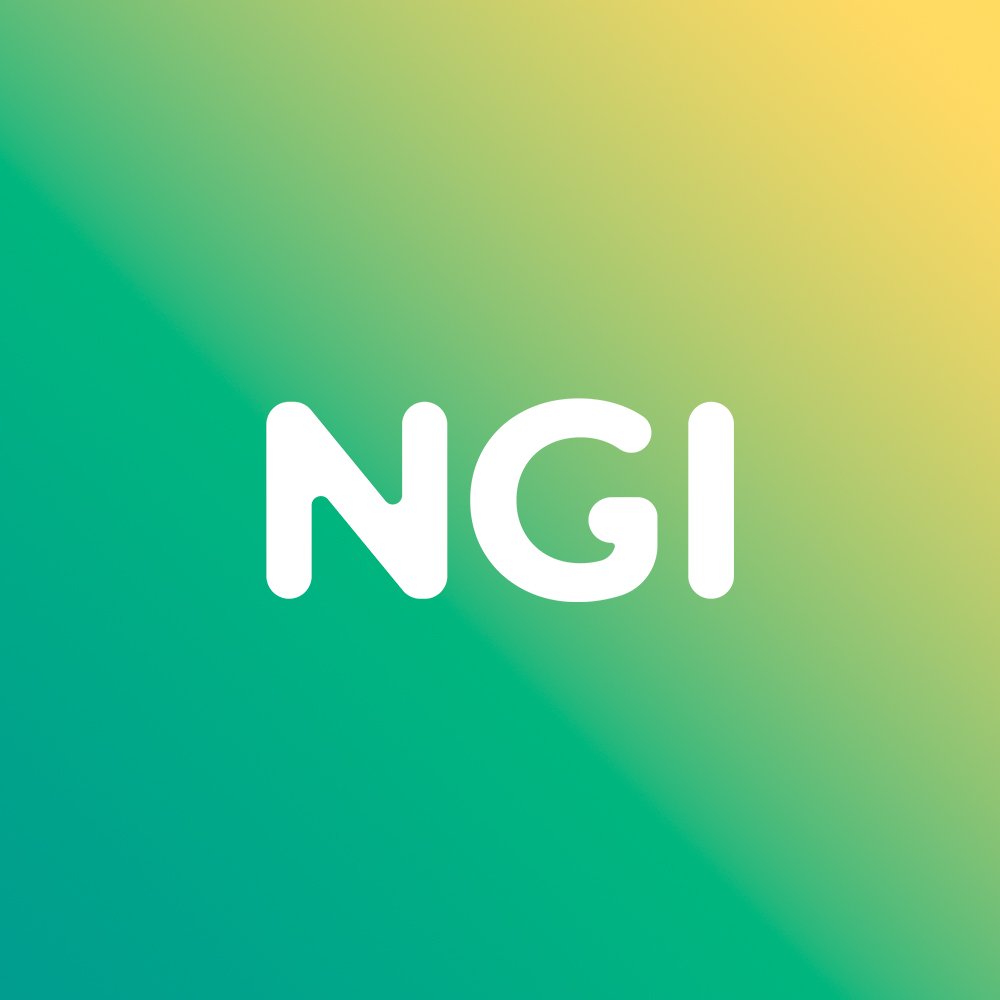
- This event has passed.
NGI Forward Salon Foundationals: Blockchain Ecologies

NGI Forward Salon Foundationals: Blockchain Ecologies with Primavera De Filippi
Primavera De Filippi will address self-sovereign identity, the challenges it faces in order to guarantee both unicity (no more than one user per identifier) and singularity (no more than one identifier per user), the way in which these challenges have been addressed by Kiva and WFP through the use of biometrics, and then open up to alternative mechanisms, such as for instance the recently launched Proof-of-Humanity initiative, using web-of-trust and decentralized verification systems to ensure singularity of identities.
www.proofofhumanity.id
“Self-sovereign identity is a relatively new area of research, which is only now starting to materialize into real-world applications of new digital identity management systems. This is particularly valuable for applications that have the ability to scale and greatly improve financial and social inclusion of vulnerable populations (Blakstad and Allen, 2018). Yet, it is important to keep in mind that while there are emerging best practice standards and primitives for self-sovereign identity (McMullen et al., 2019), there is no generic identity protocol that solves all use cases. As demonstrated by the Kiva and WFP case studies, identity is inherently use case dependent. Interoperability and standardization will be important for scale, but the success of a particular identity application will depend on how its deployment is tailored to the use cases and local conditions. A successful identity management system will therefore need to be sufficiently flexible to adapt to the inherently malleable nature of human identity.”
Source: www.frontiersin.org/articles/10.3389/fbloc.2019.00028/full
Front. Blockchain, 23 January 2020 | doi.org/10.3389/fbloc.2019.00028
Self-Sovereign Identity in a Globalized World: Credentials-Based Identity Systems as a Driver for Economic Inclusion. By Fennie Wang1 and Primavera De Filippi.
“Ultimately, therefore, the technological guarantees of blockchain technology (in terms of, e.g. transparency, immutability, non-repudiability, etc.) may reduce the need for third-party’s scrutiny and oversight over these institutions. By enhancing the perceived confidence in the operations of both public and private institutions, blockchain technology can reduce the level of risk or vulnerability that is generally associated with trust.1 As such, the technology could indirectly contribute to increasing the level of trust that people may be willing to confer in these institutions, because of the higher degree of predictability associated with their actions. Indeed, thanks to blockchain technology, people would no longer need to trust these institutions in toto, but only to the extent necessary for them to carry on these specific operations that cannot be codified into the formal and deterministic language of a blockchain-based system.”
Blockchain and the Law: The Rule of Code
https://www.amazon.com/Blockchain-Law-Rule-Primavera-Filippi/dp/0674976428
Moderation by Mantalena Kaili (ELONTECH) and Rob van Kranenburg (NGI Forward WP 4 Thinktank)
First respondents are Loretta Anania (EC) and Gaëlle Le Gars (NGI Forward WP 4 Thinktank)
The Salons reflect the views of the participants and do not necessarily reflect the views of the European Commission but form part of the project’s overarching recommendations for the NGI and future European internet policy.

